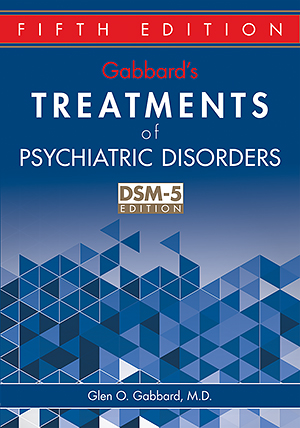Chapter 39.Gender Dysphoria
Sections
Excerpt
Persons who experience persistent, clinically significant distress about their anatomic sex or assigned gender role have been recognized since antiquity. In DSM-5 (American Psychiatric Association 2013), these individuals can be diagnosed with gender dysphoria. The DSM-5 diagnostic criteria for gender dysphoria in adults appear in Box 39-. Persons with presentations that meet diagnostic criteria for gender dysphoria in DSM-5 would have received a different DSM diagnosis—usually either transsexualism or gender identity disorder (GID)—prior to 2013. Consequently, some expert recommendations and empirical studies relevant to the treatment of adults with gender dysphoria refer instead to persons with transsexualism or GID. A brief explanation of these terms is therefore indicated.
Access content
To read the fulltext, please use one of the options below to sign in or purchase access.- Personal login
- Institutional Login
- Sign in via OpenAthens
- Register for access
-
Please login/register if you wish to pair your device and check access availability.
Not a subscriber?
PsychiatryOnline subscription options offer access to the DSM-5 library, books, journals, CME, and patient resources. This all-in-one virtual library provides psychiatrists and mental health professionals with key resources for diagnosis, treatment, research, and professional development.
Need more help? PsychiatryOnline Customer Service may be reached by emailing [email protected] or by calling 800-368-5777 (in the U.S.) or 703-907-7322 (outside the U.S.).



